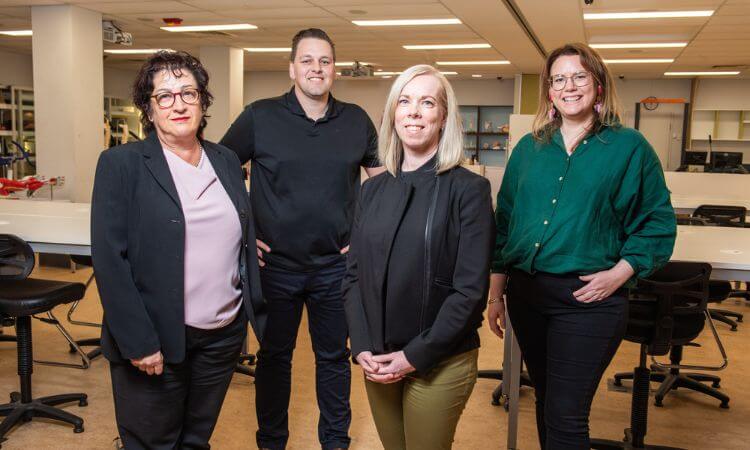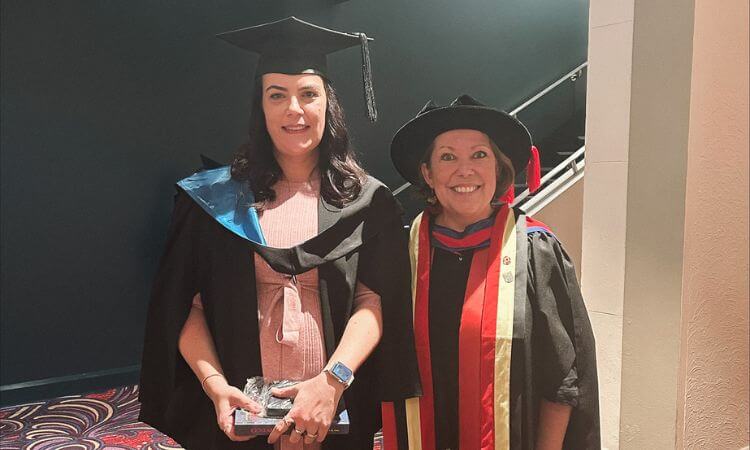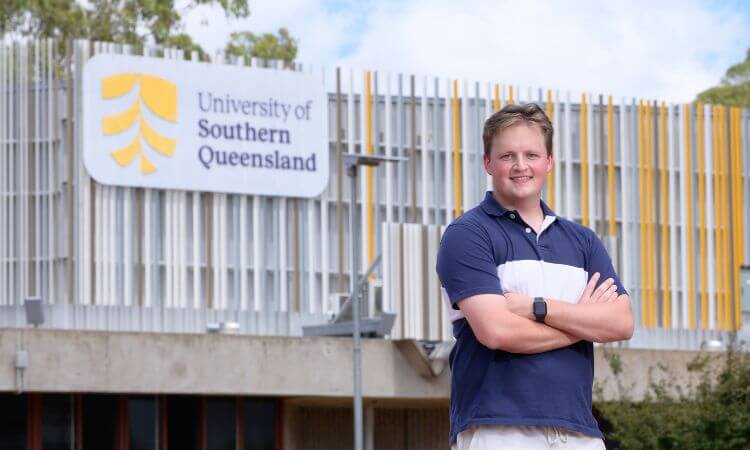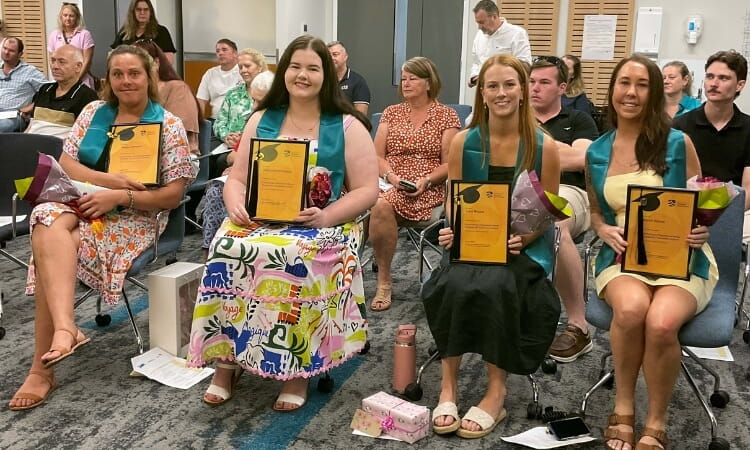Queensland’s regional communities will benefit from greater access to physiotherapy services, with the University of Southern Queensland adding physiotherapy to its Allied Health offerings.
An ageing population, an expected increase in the number of Australians suffering from chronic pain, comorbidities and chronic diseases, and emerging long-term impacts of COVID-19 continue to drive demand for physiotherapists.
The University of Southern Queensland has responded by introducing a physiotherapy degree at its Ipswich campus next year – and plans to bring it to Toowoomba in 2025.
Bachelor of Physiotherapy (Honours) program director Professor Venerina Johnston said the University was uniquely placed to create a strong pipeline of graduates to meet the workforce demands.
“Australia is experiencing a significant physiotherapy shortage, particularly in rural and remote Australia,” Professor Johnston said.
“The expansion of public and private hospitals in Toowoomba, Ipswich and Springfield has fuelled demand for physiotherapy services.
“We are growing links with industry partners such as Southern Queensland Rural Health, Darling Downs Health, West Moreton Health and Wesley Mission, and have had fantastic support from local private practitioners and disability service providers.
“After listening to these industry partners about what skills they value and where they see the most opportunities in the sector, we have designed a curriculum for students to gain relevant experiences from highly skilled physiotherapists currently practising.
“We’re excited about the potential for the University of Southern Queensland to grow a local workforce and seeing our students provide much-needed support to regional, rural, First Nations and low-resource communities.”
Professor Johnston said the program took a hands-on approach to ensure graduates are well-equipped for a broad range of physiotherapy roles in either the public or private health sectors and non-health settings such as schools, sports organisations and workplaces.
“Our education philosophy is best described as experiential learning, which, put simply, is ‘learning by doing’,” she said.
“Students will be offered ample opportunities to participate actively in their educational journey from entry to the program.
“Many work-integrated learning experiences are offered throughout the program to allow students to translate theory into practice, develop a professional identity and learn from the profession.
“Given that interprofessional collaboration is a hallmark of quality patient care, our physiotherapy students will also undertake interprofessional learning alongside students from other disciplines such as nursing, occupational therapy and speech pathology.”
At the start of the third year of study, students can select a stream of physiotherapy to focus on – practice or research.
Students in the practice pathway will work with an industry partner on a project that adds value to the community and be exposed to a broad scope of physiotherapy practice to specialise or work in an advanced practitioner role.
Students taking the research pathway will create an individual research project and enjoy the thrill of collecting and analysing data.
“Both pathways provide students with valuable skills that are highly prized in industry,” Professor Johnston said.
“Understanding and interpreting evidence is essential to the changing world of health. Knowing the process for completing health-related projects is important to build business cases or improve delivery of health services.”
Are you looking to forge a career in physiotherapy? It’s far from a stretch at the University of Southern Queensland. Bachelor of Physiotherapy (Honours) students will gain skills to empower people impacted by pain, injury, illness, or disability to optimise movement and better participate in the activities they love.



